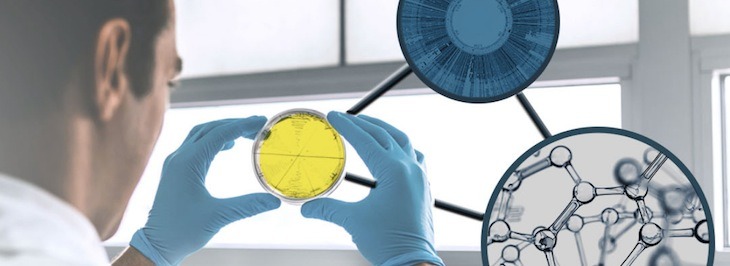UAMS researcher awarded $3.6 million to expand HPV cancer vaccine study
by August 25, 2021 12:09 pm 553 views

Mayumi Nakagawa, M.D., Ph.D., was awarded $3.6 million from the National Cancer Institute (NCI) to complete phase 2 clinical trials of PepCan, a breakthrough vaccine she developed at UAMS to treat cancers caused by human papillomavirus (HPV).
The five-year grant renewal brings her total national grant funding to just over $10 million.
An internationally recognized expert in HPV immunology, Nakagawa is the Drs. Mae and Anderson Nettleship Endowed Chair in Oncologic Pathology and a professor of Pathology and Laboratory Sciences in the UAMS College of Medicine. She is co-leader of the Cancer Prevention and Population Sciences Program in the UAMS Winthrop P. Rockefeller Cancer Institute.
The Centers for Disease Control report that HPV is responsible for more than 90% of anal and cervical cancers, about 70% of vaginal and vulvar cancers, and more than 60% of penile cancers.
While most HPV vaccines prevent the virus in people who have never had it, Nakagawa’s vaccine shows promise in treating women who already have HPV and are more likely to get cancer.
“It’s a long process and a lot of work,” Nakagawa said. “I’m extremely lucky to be renewed. It’s difficult enough to get first-cycle funding.”
NCI funded her phase I clinical trial at UAMS, which tested the vaccine’s safety. In her laboratory at the Cancer Institute, she discovered that women naturally infected with HPV do better when they can mount T-lymphocyte responses against E6 protein, one of the cancer-causing proteins made by HPV. This discovery led to the design of the vaccine for treating patients with cervical dysplasia, or pre-cancer, caused by HPV.
“In our early phase 2 trials, we found that many women with pre-cancer who got the vaccine by injection didn’t need surgery,” Nakagawa said.
With the additional grant funding, Nakagawa will finish testing the vaccine on subjects with cervical pre-cancer. She will also expand enrollment of another trial treating head and neck cancer patients across the U.S.
If successful, Nakagawa hopes to find industry partners who can take the study to phase 3 and get FDA approval. Phase 3 trials typically involve more participants – 400 to 600.
UAMS is in pursuit of National Cancer Institute status, a move in the works for years that could add about $70 million a year to the state’s economy and draw more research and clinical possibilities to the central Arkansas campus.
